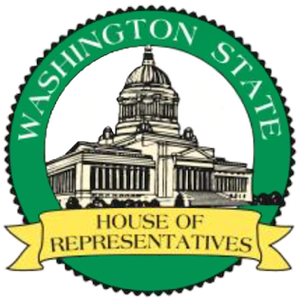The Washington State House Health Care and Wellness Committee (WA House HCW) considers a broad range of issues relating to the provision of physical and behavioral health care services; long-term care; and strategies to promote better health. Health care service issues include the licensing and regulation of health care facilities and the credentialing of health care providers. The committee also regulates pharmacies and pharmaceutical drugs and has oversight and regulatory responsibility for state public health programs. The committee also considers issues relating to the accessibility and affordability of health care in both the private health insurance market and public health programs such as Medicaid and the state health exchange.
Public Hearing
- HB 1105 - "Concerning arrest protections for the medical use of cannabis."
